Welcome to our March book picks! This month, we’ve curated a thought-provoking collection that challenges conventional wisdom and offers fresh perspectives on productivity, personal growth, and mental well-being. From redefining our approach to work and success to navigating the complexities of menopause and the self, these books provide valuable insights and practical strategies for thriving in our ever-changing world.
Whether you’re seeking to cultivate a growth mindset in your organization, unlock the potential of single-session interventions in mental healthcare, or simply find a more fulfilling way to pursue your goals, our March selection has something to inspire and guide you on your journey. Happy reading!

Slow Productivity
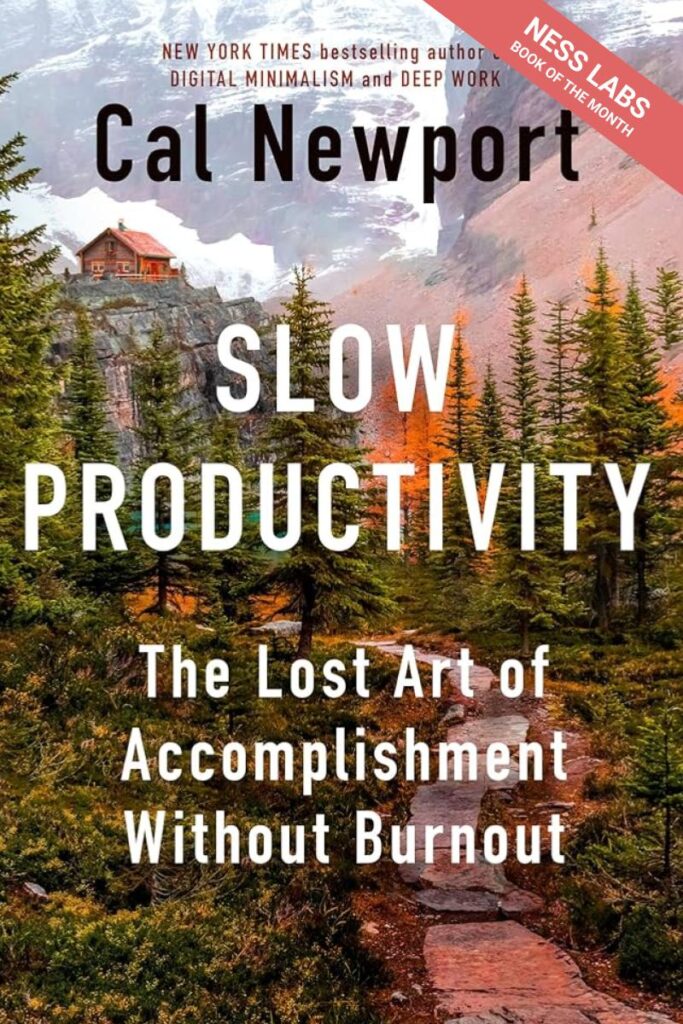
In his latest book, Cal Newport challenges the modern notion of productivity, arguing that our current approach often leads to burnout and a lower quality of work. Drawing on the habits and mindsets of historical luminaries such as Galileo, Isaac Newton, Jane Austen, and Georgia O’Keefe, Newport presents a compelling case for a more sustainable and fulfilling way of working. With a blend of cultural criticism and practical advice, he guides readers through the process of rethinking their approach to productivity, offering strategies for managing workload, embracing seasonal variation, and emphasizing long-term quality over short-term output. For anyone feeling overwhelmed by the demands of modern work, Slow Productivity provides a refreshing and much-needed perspective on how to pursue meaningful accomplishment without sacrificing well-being.
The Menopause Brain
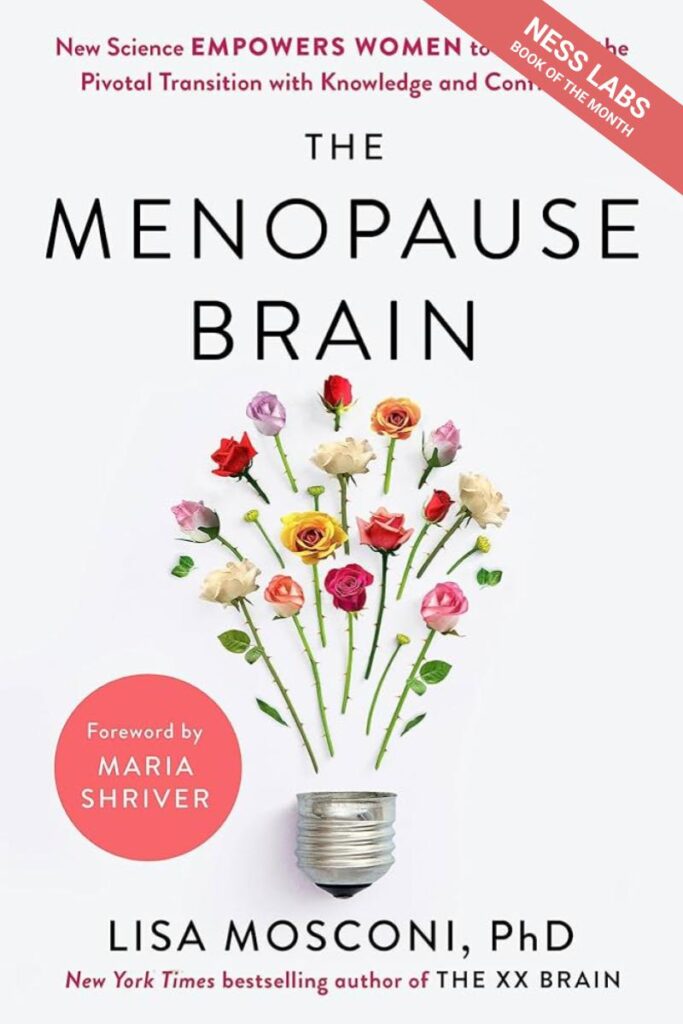
Menopause is affecting half of the population, and yet, very few books have been written about its impact on the brain and how to manage those symptoms. In The Menopause Brain, Dr. Lisa Mosconi sheds light on the often-misunderstood impact of menopause on women’s cognitive health. As a renowned neuroscientist and brain health expert, Dr. Mosconi explains how the hormonal changes associated with menopause, particularly the decline of estrogen, can affect not only physical symptoms but also mood, memory, and overall brain function. Through her comprehensive overview, which includes the latest research on hormone replacement therapies, lifestyle modifications, and self-care practices, Dr. Mosconi provides women with the tools they need to navigate this transformative period successfully. Perhaps most importantly, she challenges the notion that menopause marks the end of vitality, instead reframing it as a transition to a new phase of life, one in which a woman’s brain can emerge stronger and more resilient than ever before.
Cultures of Growth
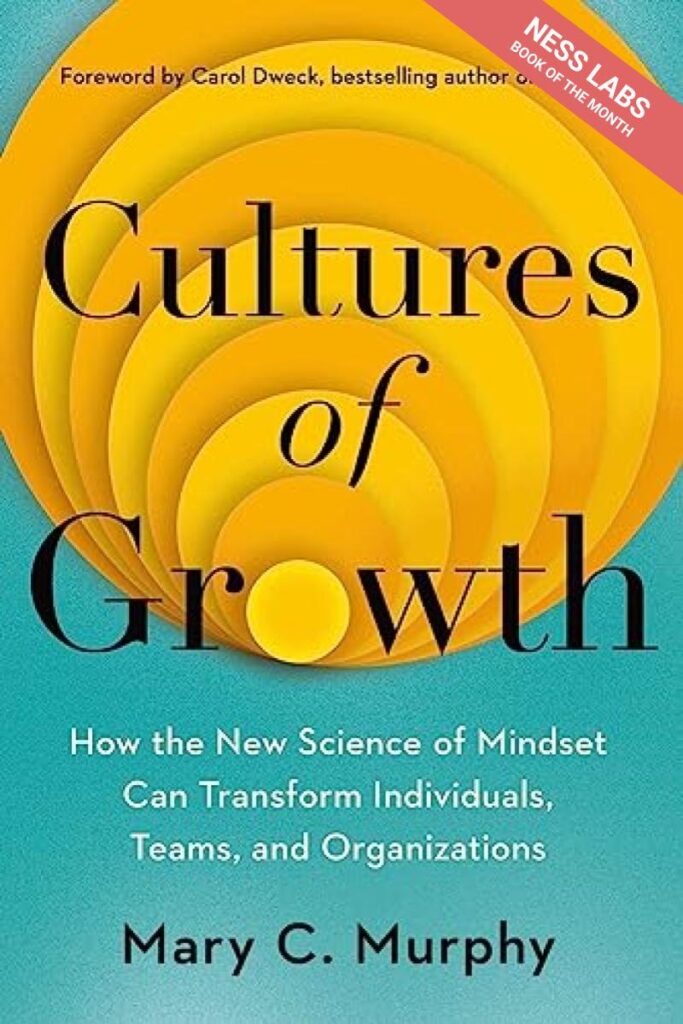
Social psychologist Mary Murphy expands upon Carol Dweck’s groundbreaking concept of growth mindset, demonstrating how it can be applied not just to individuals, but to entire organizations and teams. Through a decade of research, Murphy reveals that cultivating a growth mindset culture can lead to deeper learning, increased collaboration, and greater innovation within any group, while also fostering trust and inclusivity. Cultures of Growth features compelling case studies from diverse fields, including retail, technology, wine-making, and education, illustrating how a culture of growth can transform organizations and help individuals reach their full potential. Murphy provides practical guidance for creating and sustaining a growth mindset culture, regardless of one’s role within an organization. The book offers a refreshing perspective on success, showing that it can be achieved by people from all backgrounds and levels when the right mindset is nurtured. It’s a must-read for anyone seeking to create environments where individuals and teams can thrive and reach their highest potential together.
The Self
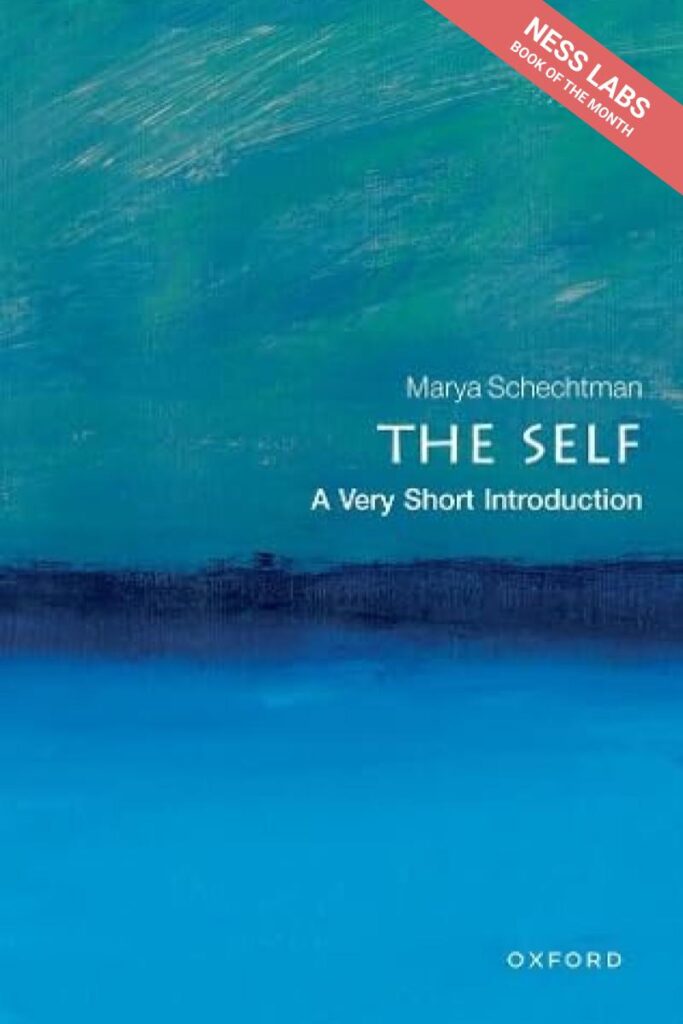
In the latest Very Short Introduction from Oxford University Press, Marya Schechtman delves into the perplexing and often elusive concept of the self. Drawing from diverse fields such as philosophy, psychology, psychiatry, and sociology, Schechtman explores the fundamental questions surrounding the nature of the self. Is it an object? If so, what kind? Can the self be separated from the body, or can multiple selves exist within a single individual? The book examines the paradoxical nature of the self – the idea that we are inextricably tied to our own identity, yet we can change, lose, and find ourselves throughout our lives. Schechtman also investigates the role of the environment and social interactions in shaping and maintaining the self. Despite or maybe thanks to its concise format, The Self offers a thought-provoking and multifaceted exploration of one of the most intriguing aspects of human existence. It will be an enjoyable and quick read for anyone seeking to better understand the complex and ever-evolving concept of the self.
Little Treatments, Big Effects
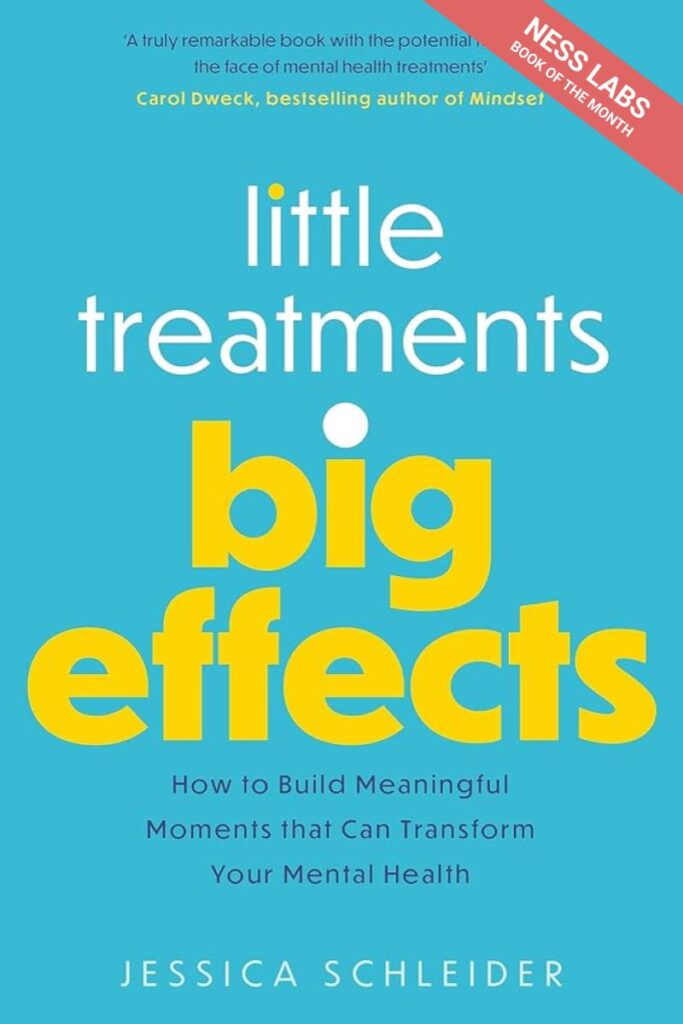
This book by Jessica Schleider offers a groundbreaking solution to the global mental health crisis, addressing the startling fact that more than half of adults and three-quarters of young people worldwide lack access to adequate psychological support. The book introduces the concept of single-session interventions, a novel approach to mental healthcare that aims to make treatment more accessible and effective. By combining the latest psychological research, personal narratives of lived experiences, and practical self-help exercises, Schleider demonstrates how these brief therapeutic encounters can create meaningful moments in an individual’s recovery journey. The book not only provides a roadmap for those seeking to improve their own mental well-being but also presents a compelling case for systemic change in the way mental healthcare is delivered. Little Treatments, Big Effects was written for anyone who has struggled to access mental health support or is passionate about transforming the mental healthcare system into one that is truly accessible to all.
Do you have any books to recommend for the Ness Labs Best Books series? Please let us know via the contact form. We welcome self-recommendations.
